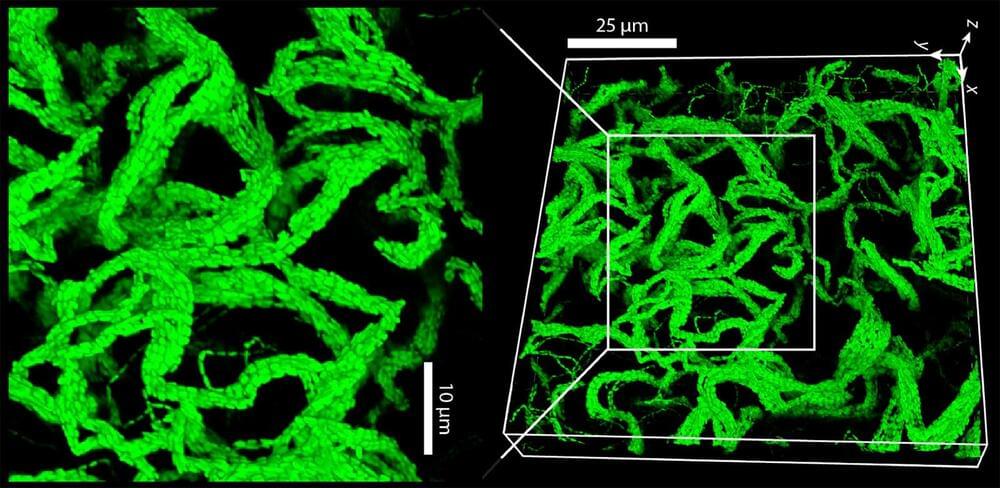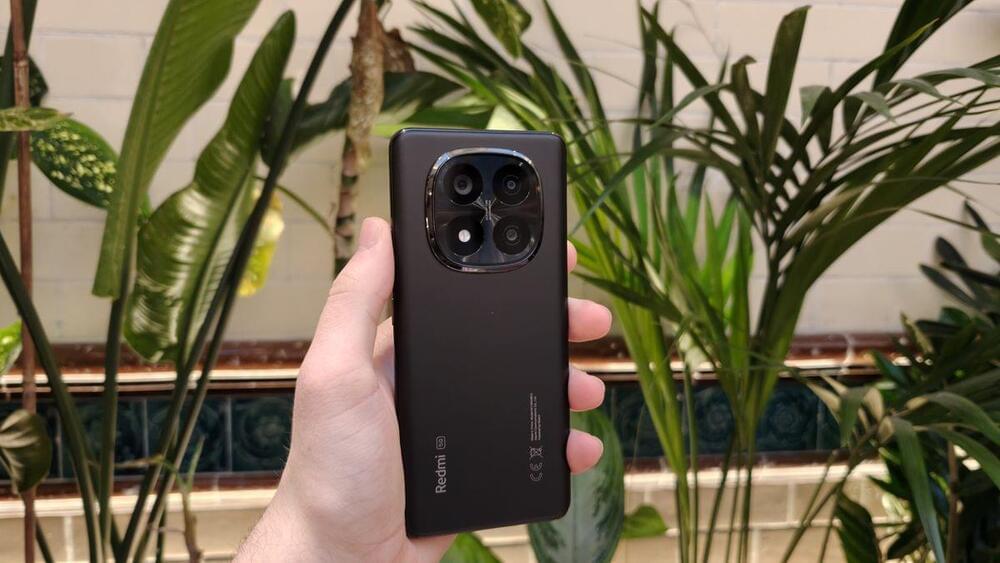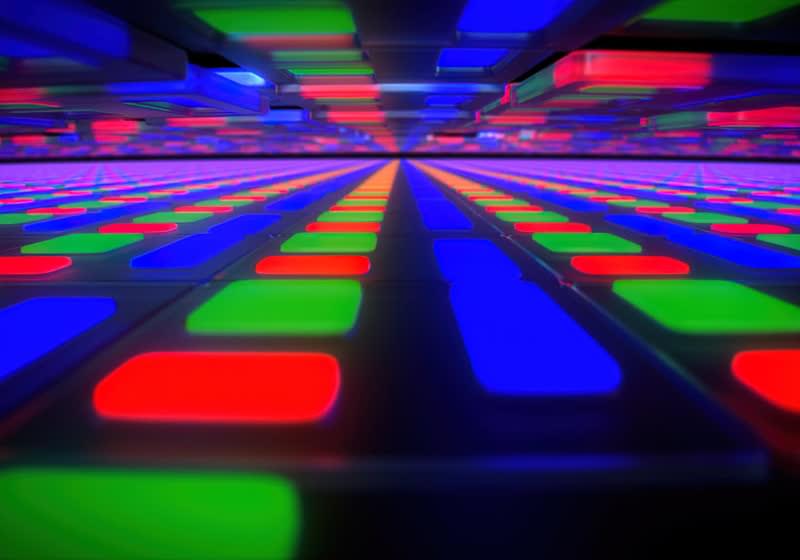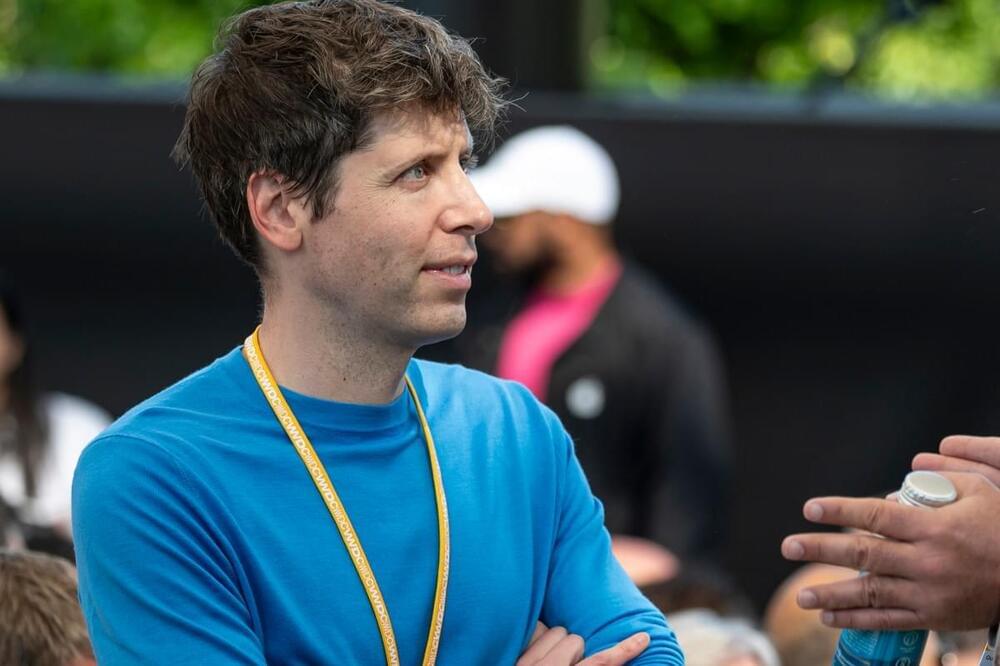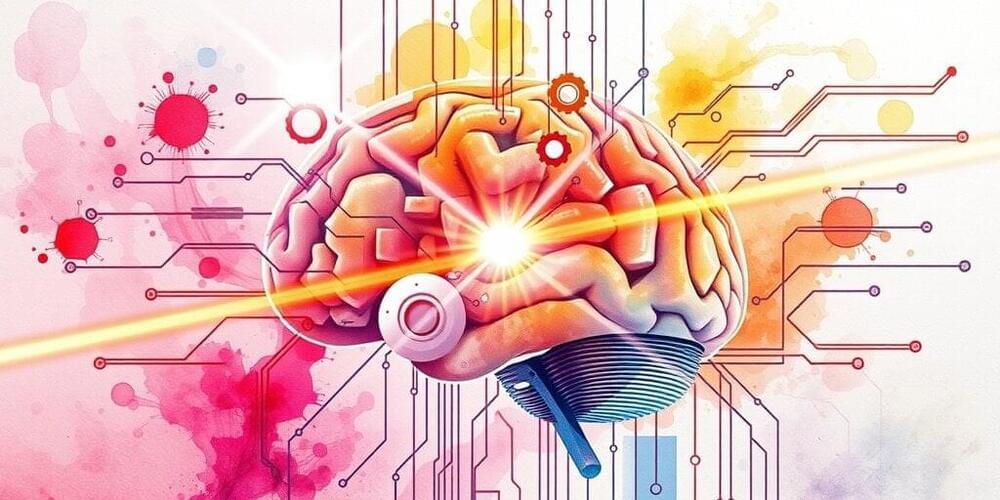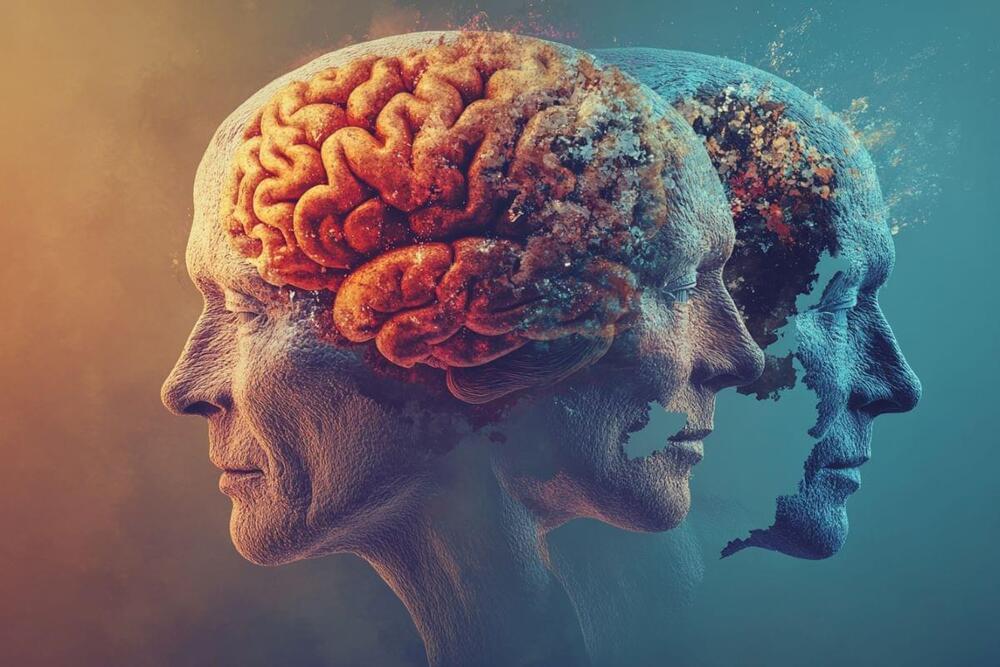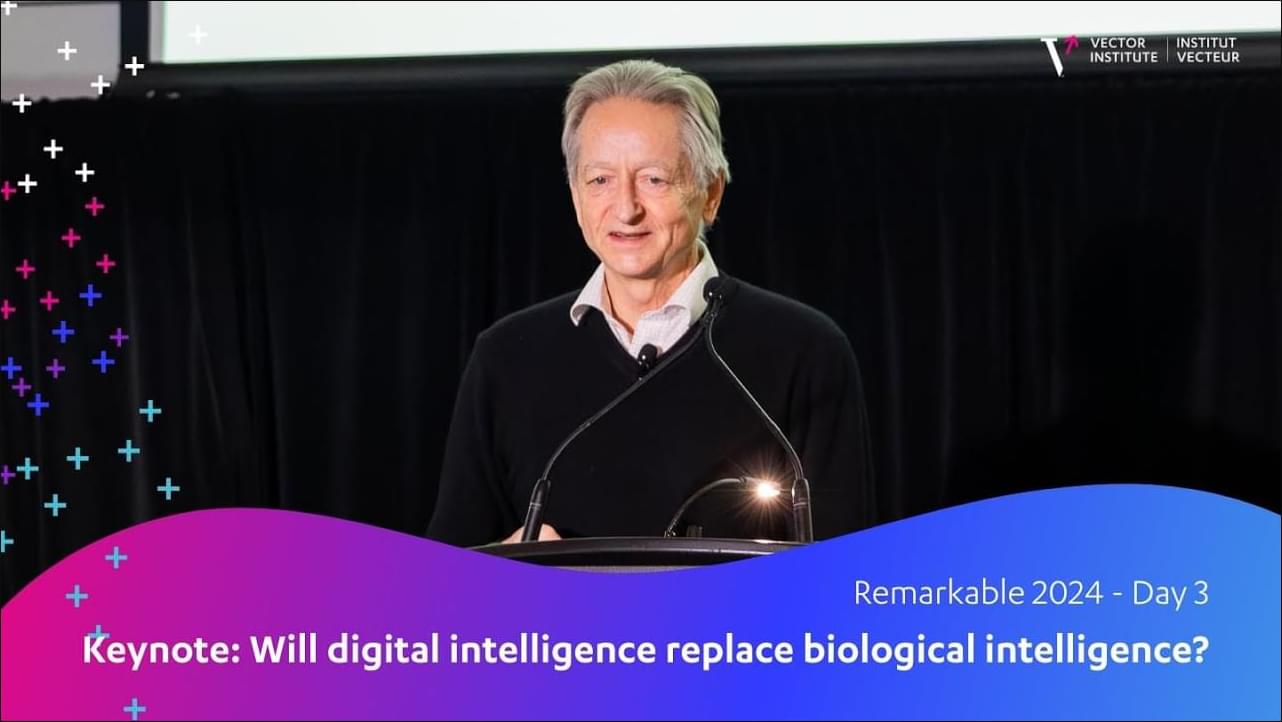The Full Self-Driving version 13.2.2 successfully navigates challenging snowy Canadian roads with impressive performance and minimal driver intervention ## Advanced Navigation in Challenging Conditions.
🚗13.2.2 successfully navigated snowy, slippery roads in Canada without interventions, handling obscured lane lines, vehicles, and signs even when the roadway was difficult to discern.


